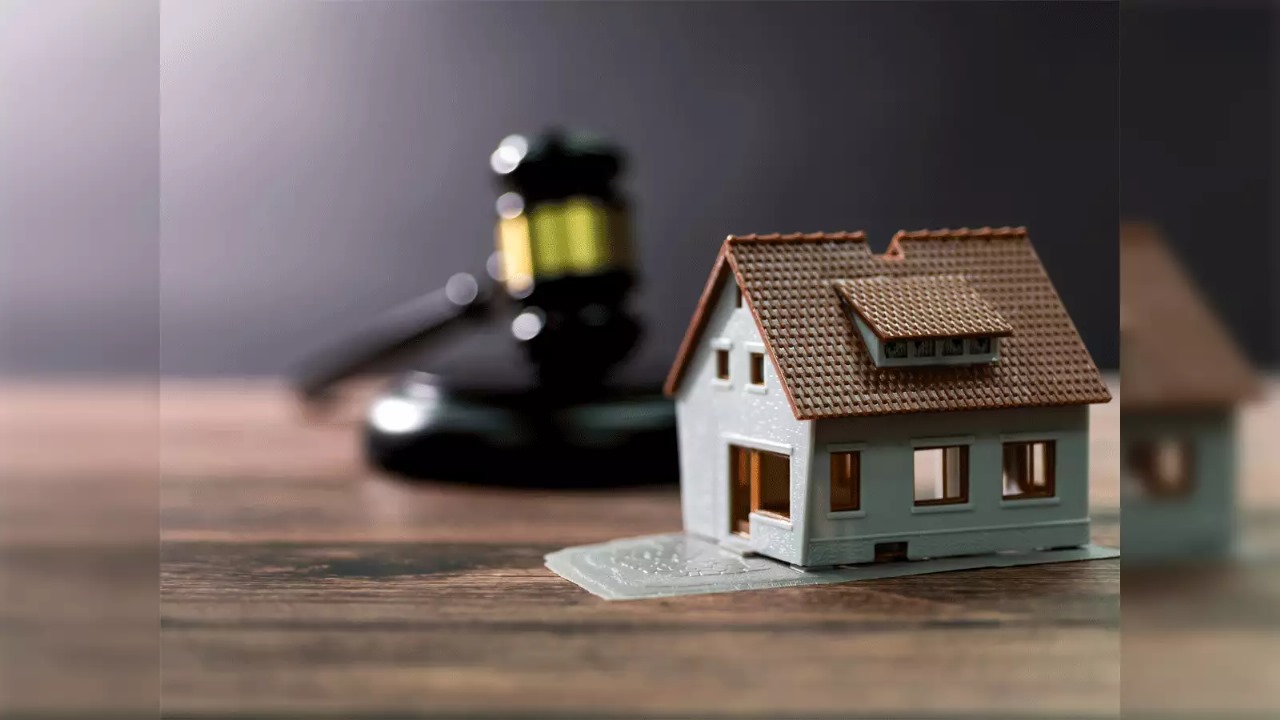The Bombay High Court ruled that children could not lawfully claim exclusive possession or ownership of their parents’ property while they were alive. The son’s petition against the Senior Citizens Maintenance Tribunal’s (Tribunal) order to leave his mother’s tenement was denied by the court. In order to secure the well-being of senior citizens, the Maintenance and Welfare of Parents and Senior Citizens Act, 2007 (Senior Citizens Act) was passed.
Attorney Ajit M. Savagave represented the Respondent, Additional Government Pleader PJ Gavhane represented the State, and Advocate Harshal N. Mirashi represented the Petitioner. An elderly woman filed a lawsuit against her son and daughter-in-law for forcibly removing her from her home. Her Son contested a Senior Citizens Maintenance Tribunal (Tribunal) order. The mother had come before the Tribunal, claiming she had been forcibly removed from her home by the son and his wife. The petitioner was ordered by the Tribunal to leave his mother’s residence. As a result, the petitioner went to the High Court to contest the Tribunal’s ruling.
The mother was shunned by one of her sons, which caused her to suffer severe mental anguish, according to the court. This is an event that no parent should have to go through. The Bench emphasised the virtues that transcend worldly goods, stressing that parents should be proud of their children’s accomplishments in a variety of fields rather than concentrating only on money. In spite of these values, the prolonged court dispute demonstrated how unrealistic they are in the face of human greed. The Court emphasised the older Citizens Act’s passage as a legislative protection for older citizens’ rights, acknowledging their fundamental rights.
The Bench further noted that the Senior Citizens Act was intended to address the trend in society away from conventional family structures, which has resulted in a growing number of older people—especially widowed women—not receiving proper care, emotional support, or financial support. The Act placed a strong emphasis on the protection and care of elderly people in response to the difficulties that come with ageing as a major social concern.

In addition, the Court emphasised the legislative goal underlying the Senior Citizens Act, which sought to streamline, expedite, and reduce the cost of maintenance claim procedures. The Act’s extensive scheme, which includes provisions for old-age homes, medical care, protection of senior citizens’ life and property, jurisdiction, summary procedures, maintenance orders, enforcement mechanisms, and summary procedures, was noted by the Bench. Along with defining punishments and trial procedures, the legislation also addressed offences pertaining to the abandonment of senior adults. A number of other clauses excluded civil court jurisdiction in particular situations.
Referencing Shweta Shetty v. State of Maharashtra & Ors. [WP (L) No. 9374 of 2020], the Court restated the legislative purpose of safeguarding senior individuals from fictitious claims to their property. It confirmed that children cannot claim sole ownership or possession rights over their parents’ property while their parents are living. If the petitioner needs to take legal action after the mother passes away, that is the appropriate course of action, especially if other siblings have claims to the property.
Taking these factors into account, the Court concluded that the petitioner’s disregard for his mother’s basic necessities and his obvious desire to have her removed for the benefit of third parties justified the Tribunal’s removal decision. The mother was entitled to maintenance from her tenement, the Bench stressed, and the petitioner did not have the legal authority to deny her access to a roof. As a result, the Court decided that the petitioner would have to leave within 15 days or else eviction procedures would start, and that no third-party rights would be established until the mother obtained vacant possession. Consequently, the Petition was dismissed by the Court.


